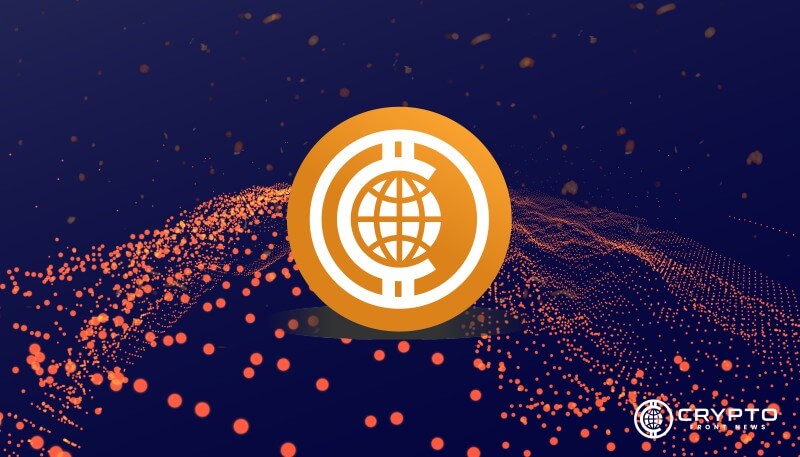- Deutsche Bank’s blockchain leverages ZKsync to enable privacy, lower costs, and streamline secure asset tokenization under regulatory oversight.
- The project, aligned with Singapore’s Project Guardian, aims to create a compliant blockchain ecosystem for traditional financial institutions.
- Collaborative efforts with Memento Blockchain and Interop Labs integrate advanced technology, ensuring secure, efficient, and regulator-friendly blockchain operations.
Deutsche Bank is developing a cutting-edge blockchain solution built on Ethereum to address key regulatory concerns in financial transactions. The initiative leverages ZKsync’s zero-knowledge-proof technology to create a secure, cost-effective, and privacy-focused platform. Known as Project Dama 2, this Layer-2 blockchain aims to modernize asset servicing while ensuring compliance with stringent financial regulations.
Introduced in November under Singapore’s Project Guardian initiative, Deutsche Bank’s platform focuses on advancing secure asset tokenization. Project Guardian includes 24 financial institutions exploring blockchain applications to enhance transparency and efficiency.
Significantly, Deutsche Bank’s blockchain will offer faster, cheaper transactions while safeguarding user privacy. It employs a curated validator list to mitigate risks and ensure that sanctioned entities are excluded from the ecosystem. Additionally, regulators will have specialized tools for effective oversight, ensuring compliance is seamlessly integrated into the system.
Collaboration Strengthens Technology
The initiative benefits from contributions by Memento Blockchain and Interop Labs. These crypto firms are instrumental in integrating ZKsync’s advanced zero-knowledge-proof capabilities into the platform. This integration ensures transaction costs are minimized while maintaining data privacy and customization.
Moreover, the platform’s design reduces reliance on Ethereum’s primary Layer-1 chain, enhancing transaction efficiency and scalability. Deutsche Bank aims to launch the platform’s first iteration by 2025, pending regulatory approval.
Traditional Finance Adopts Blockchain Solutions
This move reflects a broader trend in the financial sector as traditional players increasingly adopt blockchain technology. JPMorgan has conducted its first public blockchain transaction under Project Guardian. Similarly, Visa is actively developing tokenized fiat solutions, and BlackRock and Franklin Templeton have successfully tokenized money funds valued at over $1 billion.
Deutsche Bank’s Ethereum-based solution highlights the growing potential of blockchain in traditional finance. By combining Ethereum’s robust capabilities with enhanced privacy and regulatory features, the platform sets a precedent for integrating blockchain technology into mainstream financial operations.
DISCLAIMER:
The information on this website is provided as general market commentary and does not constitute investment advice. We encourage you to do your own research before investing.









 Germany’s largest bank, Deutsche Bank, is developing its own Ethereum L2 blockchain based on ZKsync
Germany’s largest bank, Deutsche Bank, is developing its own Ethereum L2 blockchain based on ZKsync 



